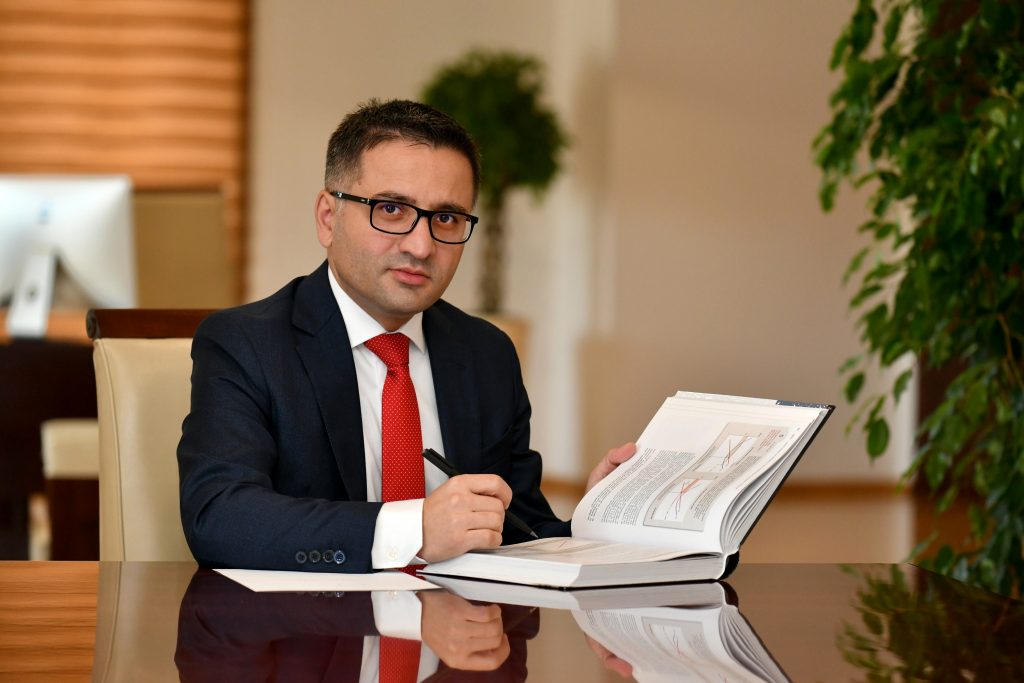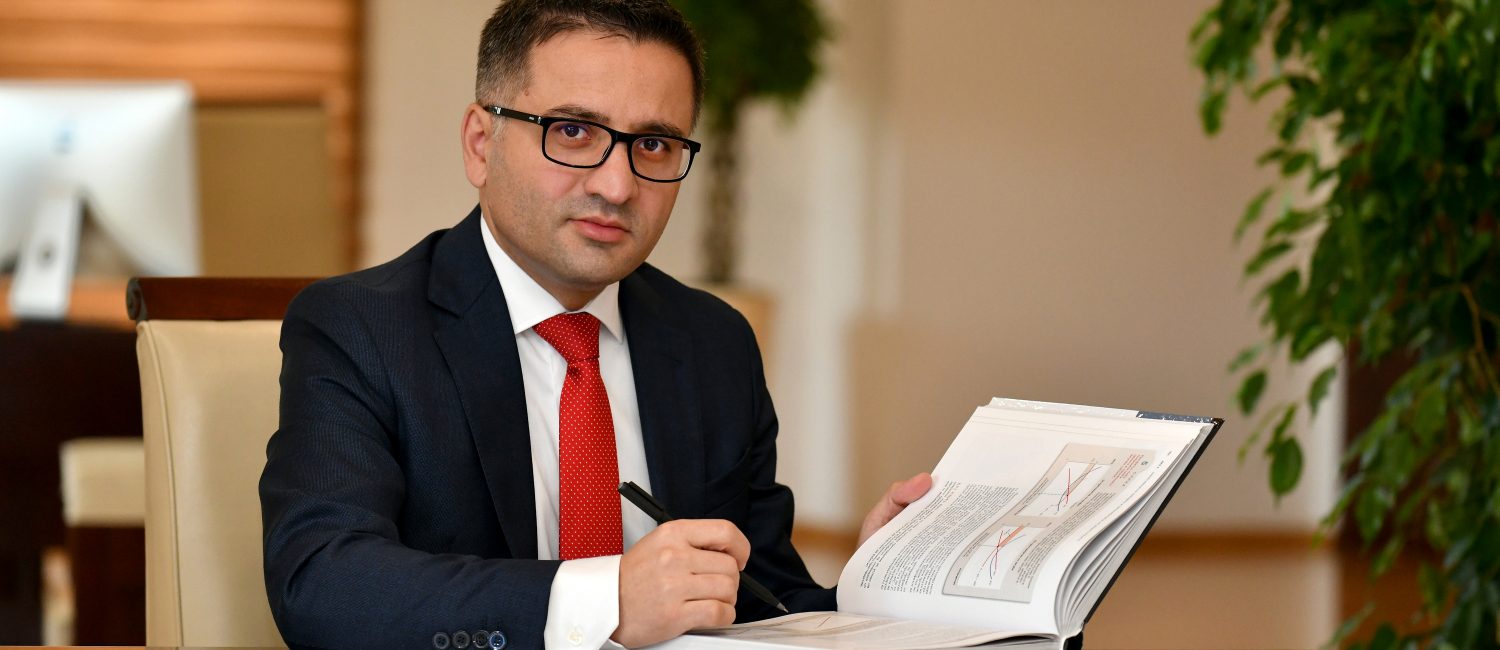12th July 2021, Skopje – Today, representatives of EU Member States, the Western Balkans and Turkey, the European Commission and the European Central Bank met for their annual economic policy dialogue. The participants adopted Joint Conclusions based on the Economic Reform Programme for 2021-2023. These conclusions consist of jointly adopted recommendations to help the EU’s enlargement partners boost their economic and social development. The dialogue aims to prepare the Western Balkans and Turkey for the future participation in the economic policy coordination of the European Union (the so called European Semester).

The partners agreed that further support is needed for households and companies most affected by the pandemic until a self-sustained recovery is firmly established. This should go hand in hand with an accelerated implementation of structural reforms to build a resilient economy and foster competitiveness and inclusive growth.
The Minister of Finance of North Macedonia, Fatmir Besimi, addressed today’s meeting, emphasising that the Government is actively working on the implementation of measures to support a sustainable and inclusive recovery of the Macedonian economy.
At today’s meeting, six sets of recommendations were adopted for North Macedonia, focusing on a continued fiscal, economic and social policy response to mitigate the impact of the pandemic and to foster a medium-term recovery (link to the Joint Conclusions: https://data.consilium.europa.eu/doc/document/ST-10434-2021-INIT/en/pdf). In particular:
1) in the area of the macro-fiscal policies, the recommendations are to have targeted temporary support measures for vulnerable households and businesses, followed by gradual fiscal consolidation;
2) in the area of the structural reforms, the guidance focuses on further enhancing the business environment, strengthening the vocational education and training system and increasing access of unemployed persons to active labour market measures.
In this respect, the Government of North Macedonia this year continues the fiscal support for overcoming the consequences of the pandemic. The adopted plan for medium-term budgeting envisages a gradual reduction of the public deficit to 2.2% of GDP in 2026. To improve the realisation of capital expenditures, work is underway to strengthen the management of public investments. In addition, efforts are ongoing to broaden the tax base and to strengthen public revenue collection in line with the Tax System Reform Strategy, including the preparation of annual action plans for rationalisation of tax exemptions. Activities have started on the implementation of the recommendations related to the adoption of a new law on public-private partnerships, the establishment of a Fiscal Council and on transparency and evaluation of subsidies at company level by establishing a state aid register.
To maintain a strong financial sector, continued attention will be given to enhanced credit risk management and adequate provisioning. In accordance with the recommendations, timely formal consultation with business entities and social partners is foreseen on new legislation that affects their work. The digitalisation of public services for citizens and companies will continue through EU technical support. To ensure a level playing field between businesses, priority will be given to the implementation of the strategy for formalisation of the informal economy.
In terms of education, a new way of financing secondary vocational education and training needs to be developed. Finally, capacities and cooperation between employment agencies and social work centers need to be strengthened to ensure integrated services and improve labor market inclusion.
North Macedonia has been a leader in implementing the joint conclusions for the last four years. The assessment of the European Commission of the Economic Reform Programme 2021 – 2023 showed that the country has the highest result of 61.1% implementation of the joint conclusions adopted in May 2020, compared to the countries of the Western Balkans and Turkey (https://data.consilium.europa.eu/doc/document/ST-8099-2021-INIT/en/pdf). This is the best result since the beginning of the process of preparing economic reform programmes.
To conclude, participants in the dialogue acknowledged the strong solidarity between the EU and the Western Balkans and Turkey, demonstrated by providing medical and financial assistance to fight the COVID-19 pandemic and contributing to address the socio-economic impact in the region. All partners agreed that in order to build up economic resilience in the longer term, recovery measures should also foster the digital transformation and green transition.
















